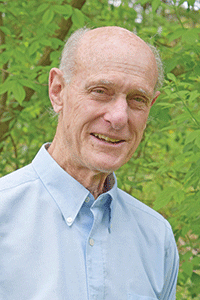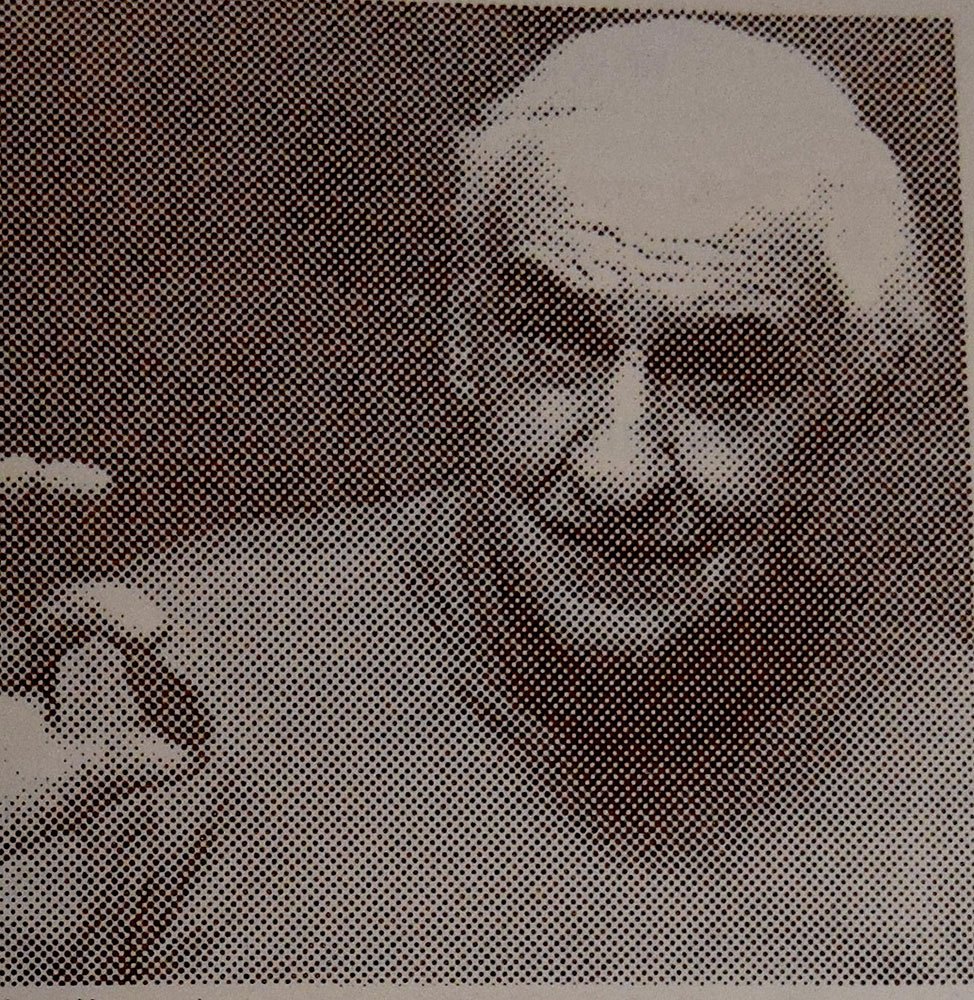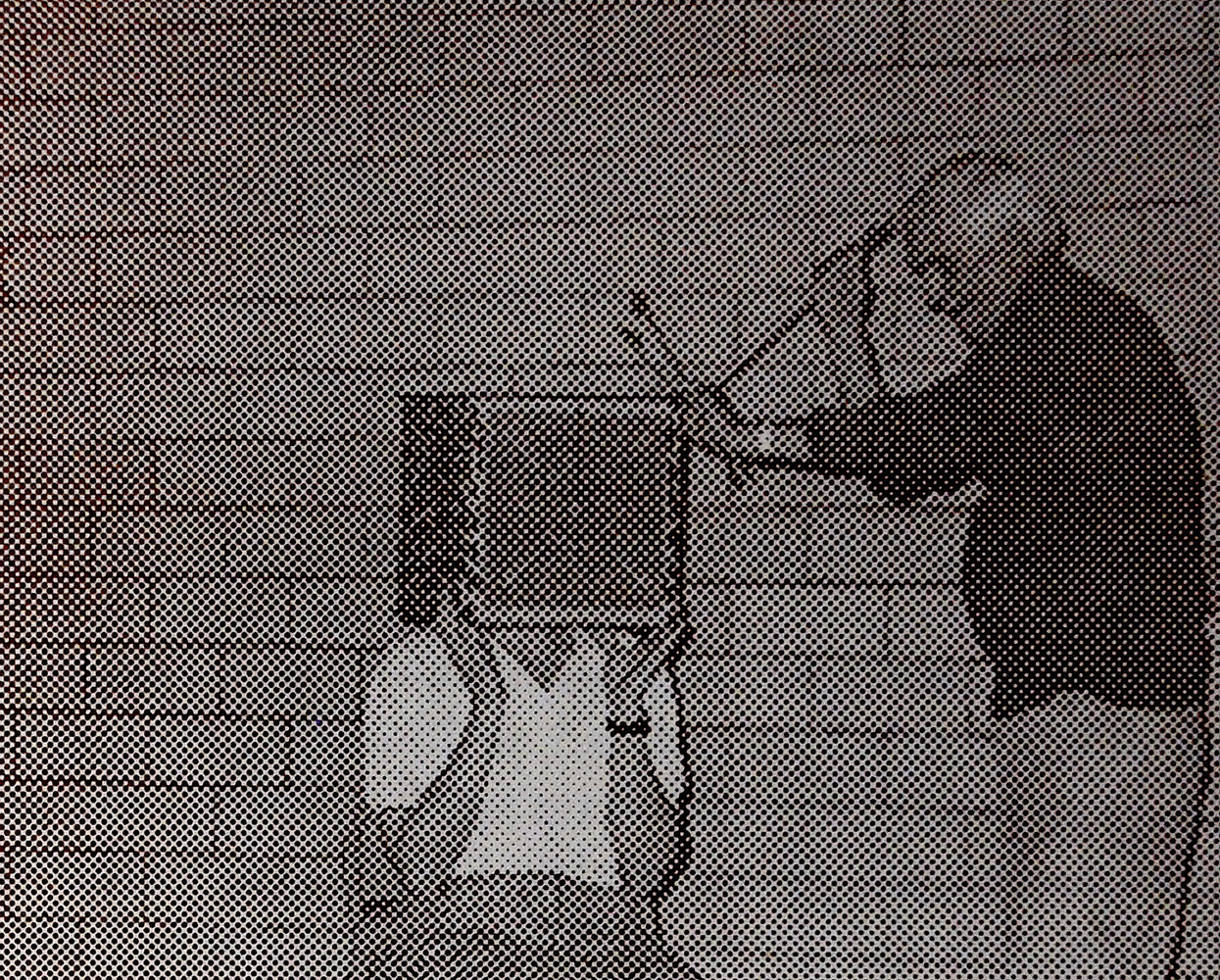Quarters would turn into silver dollars; dollar bills turned into $100 bills. Thimbles, coins and plastic balls would disappear. A diner seated at a restaurant might have a quarter pulled out of his ear by another diner walking by the table. Orv Wagner, of Caledonia, was always prepared to perform a little magic, always carrying in his pocket a thimble, coins, a rubber thumb, a deck of cards and a handkerchief.
Throughout Wagner’s lifetime, magic tricks were first a fascination, then a form of speech therapy, then an amusing benefit in business and finally, a means of providing pleasure for countless others of all ages.
Orville John Wagner (1915-1995) grew up in North La Crosse, Wis., where his parents ran a restaurant next to the Riviera Theater where occasionally there were vaudeville performances by jugglers, singers, other entertainers and fortunately for young Orv – magicians.
“If there was a magician in the show, I was on his lap when he came to the restaurant,” Orv told interviewer Jane Briggs Palen. Thus, at age six, he began learning magic tricks.
Years later, as a student at the University of Minnesota, a dormitory roommate was a magician, who told Orv that performing magic tricks might help him overcome his stuttering. After learning, practicing and successfully performing a few tricks, Orv gained confidence to speak, especially one on one.
On the road, Wagner was not just another salesman, but also a magician. “It’s a lot easier to sell them something when they’re smiling,” he told one interviewer. He used his “sleight of hand” or “pocket tricks” to break the ice as part of his sales pitch, especially if there was a child present.
There was one customer Orv called on five or six times but was not able to sell him anything until one day he reached behind the storeowner’s ear and pulled out a thimble. The man said, “Do that again.” Orv then entertained all the people in the shop and sold an order to someone who became a repeat customer. He recalled a customer in Iowa who did not purchase anything, but asked that he bring back his magic show.
When school was on summer vacation, one or two of Orv’s five children would accompany him on sales trips and assist in a little magic. Sons Mike and Paul helped demonstrate their father’s own extraordinary creation – the ZuLu Boomerang. A few kids in Caledonia wanted a little summer income, so Orv paid them to help manufacture boomerangs and pack them by the dozen in a box with directions on the top.
After going off the road, Wagner operated a pool hall in Caledonia near his parents’ variety store. Paul, as kindergartner, remembers taking his afternoon naps on a pool table. It was not long before Orv assumed ownership of the variety store in 1967. After selling yard goods and soft goods on the road for 15 years, Orv put 10 bolts of fabric in the window. Within six weeks, the store was loaded with fabric. If a lady entered the store with a child or two or more, it was likely the children would be entertained by the store owner while the lady considered the selection of merchandise. Orv said he has taken a thimble from the ear of every child who came into the store. And after selling on the road for years, he then sold wholesale to retailers who – this time – came to him.
Orv, an athlete himself, volunteered to coach Paul’s seventh grade school basketball team. Speaking of his school athletics, Paul said his dad did not miss a game, home or away.
After retirement in 1978, he became renowned for his extensive efforts as a volunteer entertainer. There were still impromptu moments of magic, but in retirement, there was opportunity for scheduled performances, averaging 120 or more a year. There were paid performances at parties and special events, but Wagner was widely known as a volunteer, bringing smiles to those who needed to be uplifted.
Many audiences were hospital patients, especially at St. Francis in La Crosse, where he was a regular volunteer, every Tuesday. That connection began when his wife Lucille was hospitalized. Orv would walk from room to room and entertain patients with simple pocket tricks. Not only patients, but also visitors and staff were delighted. He said most of the nurses on each floor had seen his act.
After the death of Lucille in 1992, Orv continued to use magic as therapy as a volunteer visitor to distract people from their problems. At St. Francis, he entertained psychiatry patients and those who were chemically dependent as well as children and nursing home residents.
When Orv performed his magic each Tuesday, it did not take long before he attracted a crowd.
He traveled the tri-state area (Wisconsin, Minnesota, Iowa) to elicit smiles at grade schools, nursing homes and hospitals. Orv claimed he had visited every nursing home within 150 miles of Caledonia. Living well into his 80th year, he noted with chuckle that he was older than some of the residents. He also entertained several times a year at Camp Winnebago, a special needs facility south of Caledonia.
Every year, Wagner traveled to Appleton, Wis., for the Houdini Magic convention, where he shared some of his tricks as well as bringing home a few he had just learned. At home in Caledonia, there was a room reserved for magicians’ paraphernalia.
During their 51 years of marriage, Lucille helped Orv sharpen his skills as a magician. “If I could get something by her, I could get it by anyone,” he told Palen.
Orv’s day was brightened by a simple “thank you” from someone whose day he had brightened.
He kept scrapbooks, filled with letters from schools, hospitals, veterans’ groups, nursing facilities and individuals of all ages. There were also newspaper clippings and photos. To Wagner, those stacks of mail were the best keepsakes of being a volunteer. He drove many, many miles, eliciting many, many smiles.
Sources: selection by Jane Briggs Palen from Caledonia Pride; interviews with Orv’s son, Paul Wagner and daughter JoAnn Wagner Schmitz; newspaper article, “Now You See It: Volunteer chases blues away with his magic”




Leave a Reply